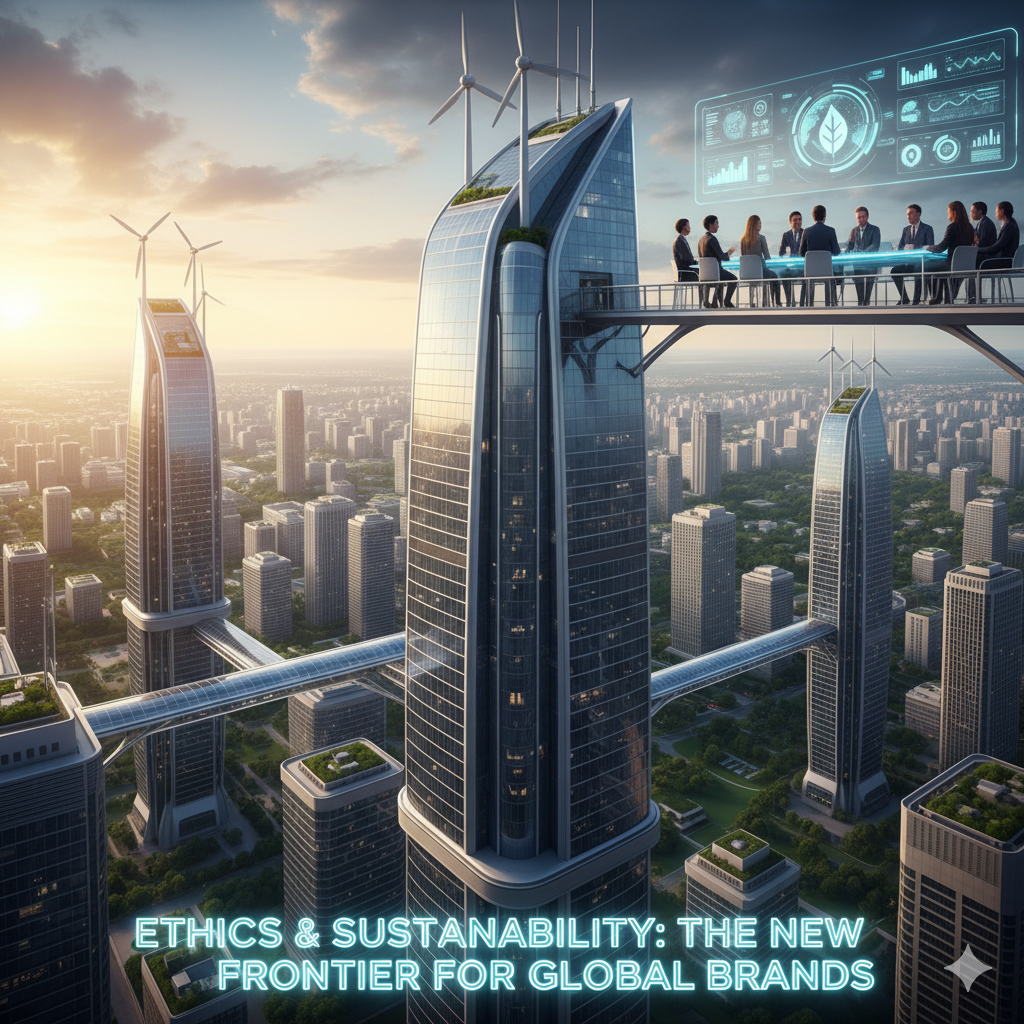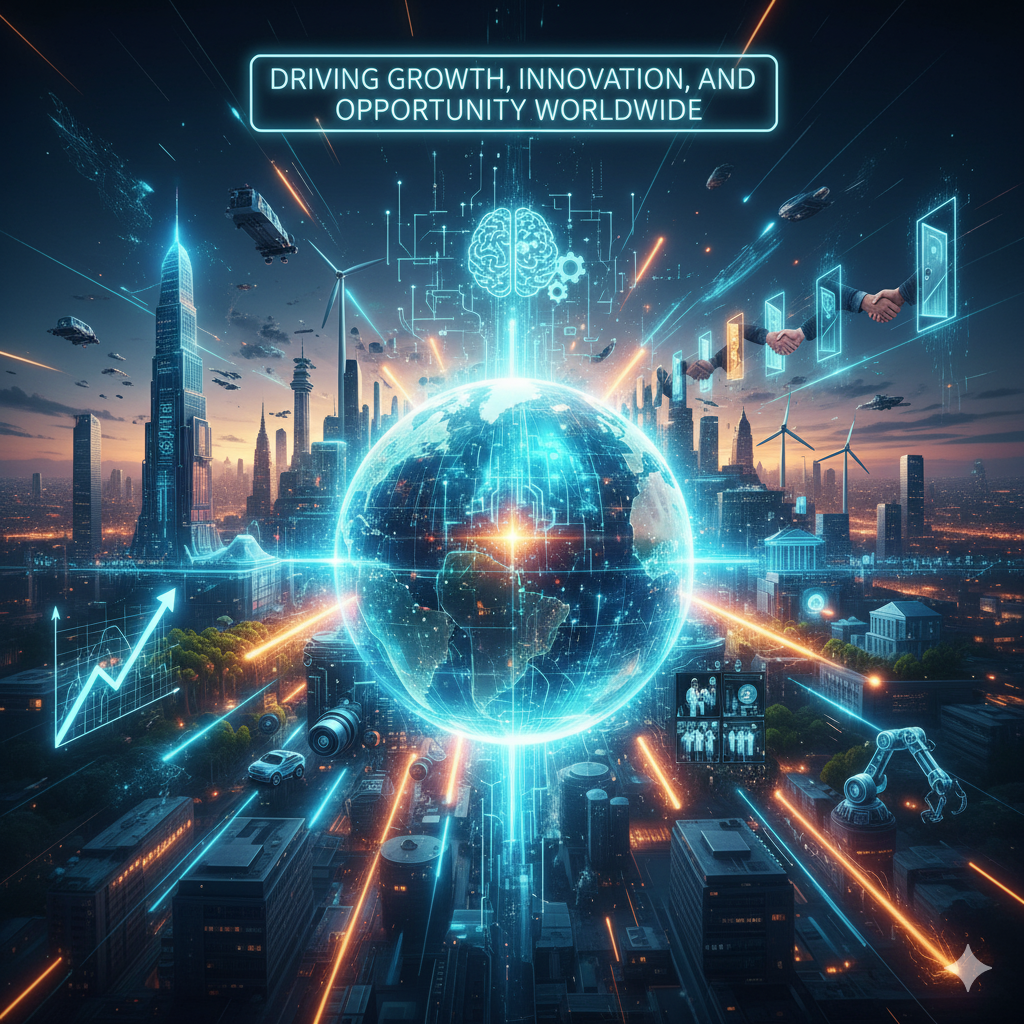Welcome to Day 10 of our 100 Days to Business Success Series!
In today’s world, large businesses aren’t judged solely by profits — they’re measured by their impact on people and the planet.
Consumers are becoming more conscious than ever. They want to support brands that act responsibly, care about the environment, and make ethical choices. Let’s explore how sustainability and ethics are shaping the future of big brands worldwide.
1. Why Sustainability Matters
Sustainability is no longer a choice — it’s a business necessity.
Companies that ignore environmental responsibility risk losing customers, investors, and credibility.
Leading brands like Tesla, IKEA, and Unilever are proof that eco-friendly practices can also be profitable.
Sustainability helps big businesses:
- Reduce operational costs
- Strengthen brand reputation
- Meet global regulations
- Build long-term customer loyalty
It’s not just good for the planet — it’s smart business.
2. Ethical Business Practices Build Trust
Ethics go hand-in-hand with sustainability.
Modern consumers expect companies to be transparent and fair — from sourcing materials to treating employees right.
Big brands build trust by:
- Ensuring fair wages and safe working conditions
- Eliminating child labor and unethical sourcing
- Being honest in marketing and reporting
When businesses act ethically, customers feel confident supporting them.
3. Green Innovation: The New Competitive Edge
Large companies are using innovation to make sustainability profitable.
For example:
- Apple uses recycled materials in its devices.
- Nike creates shoes from plastic waste.
- Coca-Cola develops eco-friendly packaging.
Sustainable innovation not only reduces waste but also attracts conscious consumers who value responsible brands.
4. The Rise of ESG (Environmental, Social, and Governance) Goals
ESG has become the global standard for corporate responsibility.
Investors, governments, and customers now evaluate brands based on how they perform in these three areas:
- Environmental: How eco-friendly are operations?
- Social: How do they impact people and communities?
- Governance: How transparent and ethical are business decisions?
Companies with strong ESG scores often enjoy better public image and long-term growth stability.
5. Partnering for a Greener Future
No business can save the planet alone.
That’s why major corporations are collaborating with governments, NGOs, and startups to develop sustainable solutions.
Examples:
- Microsoft’s partnership with renewable energy firms
- Unilever’s joint programs for sustainable agriculture
- Amazon’s Climate Pledge to reach net-zero carbon by 2040
Partnerships amplify impact and accelerate change.
6. Consumers as Change Drivers
Today’s consumers — especially Gen Z and Millennials — are driving sustainability trends.
They prefer eco-conscious brands, even if they cost more.
Big businesses are listening:
- Offering recyclable packaging
- Supporting ethical suppliers
- Promoting carbon-neutral logistics
This shift reflects a powerful truth: responsibility is the new luxury.
7. The Long-Term Payoff
While sustainable transitions require investment, the rewards are lasting:
- Stronger brand loyalty
- Higher investor confidence
- Better risk management
- A cleaner, safer planet
Ethical and sustainable businesses are not only surviving — they’re leading the global economy.
Conclusion
The future belongs to brands that care. 🌱
Sustainability and ethics are no longer side projects — they are the foundation of global success.
As large businesses continue to innovate responsibly, they’re proving that doing good and doing well can go hand in hand.




